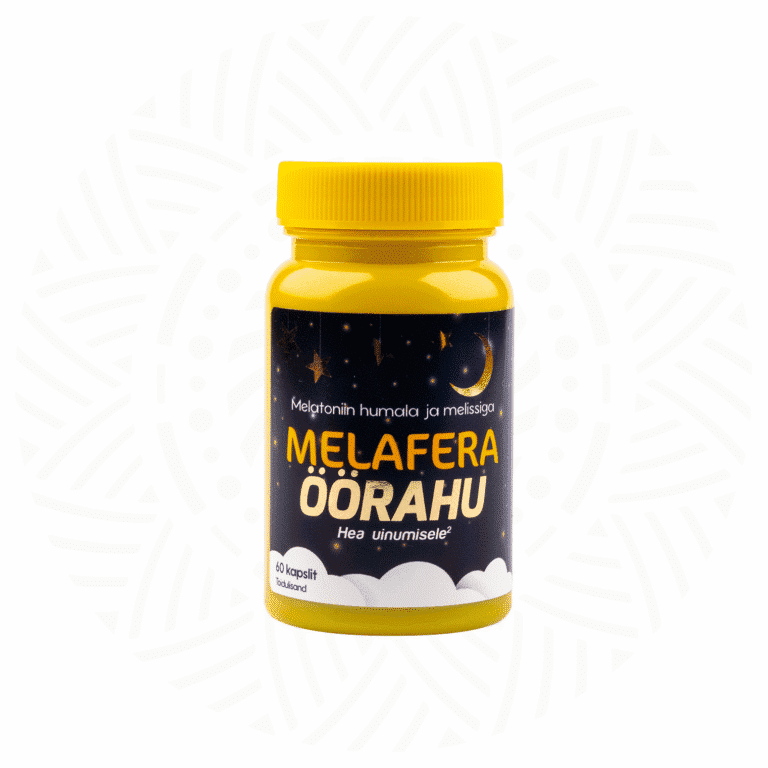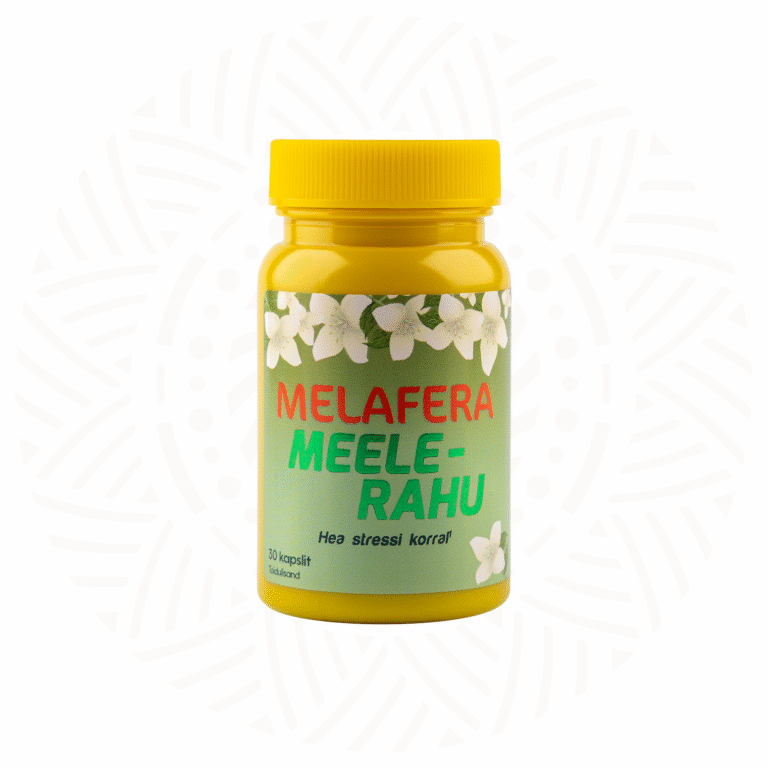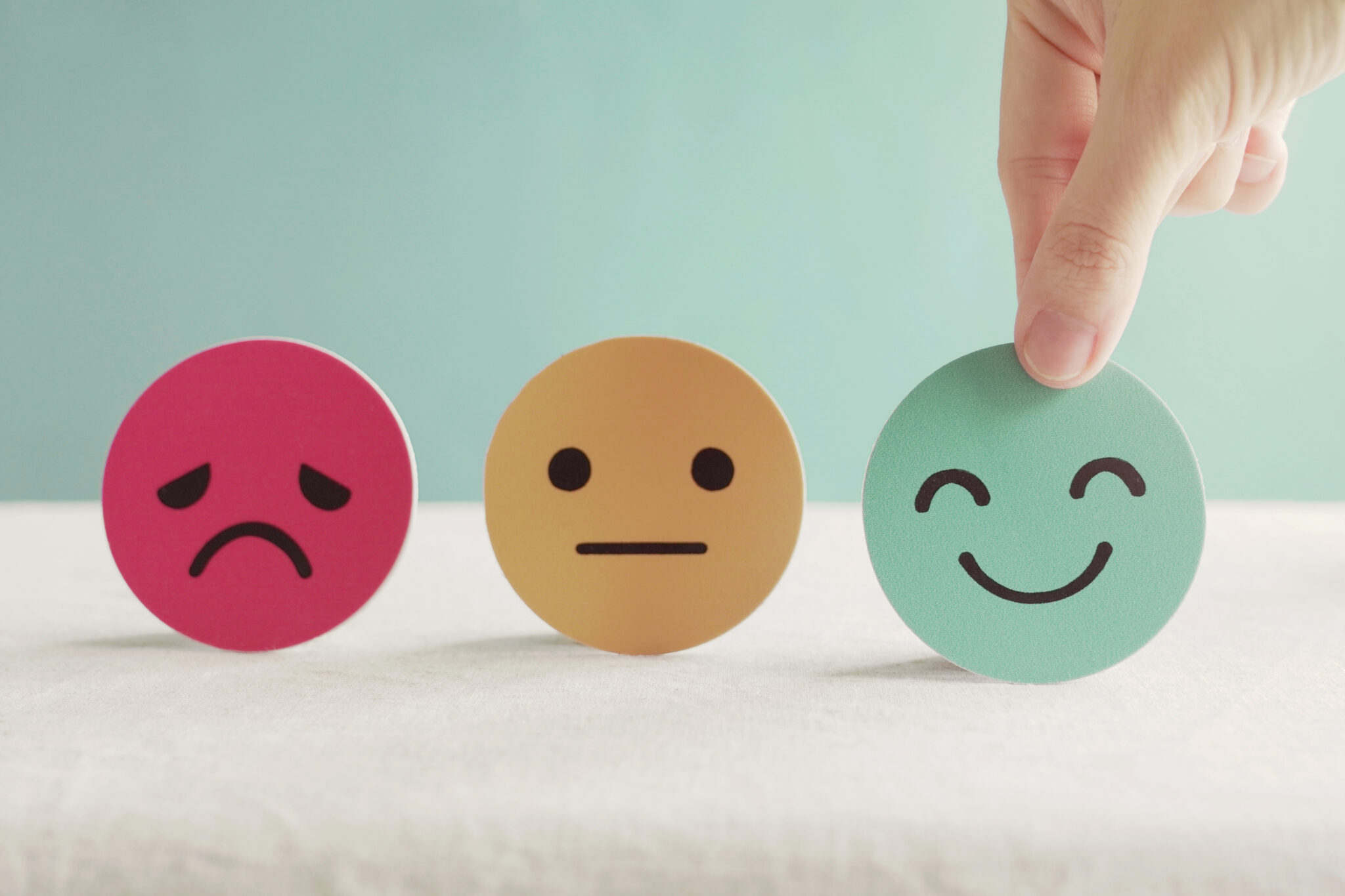Beloved singers Getter Jaani and Koit Toome sing: „The white nights are tempting, they invite us to join…“. Finally, we too have been blessed with the summer heat, sunny weather, and those long-awaited white nights that truly call us. Since we have so little white time, we try to make the most of summer and the white nights – plenty of events that go on until the early morning, a busy social life, and of course, a vacation that we just can’t afford to miss. But where does the need for sleep go?
It is said that life in summer is easy, but is it also soothing and sleep-friendly? An adult person needs 7-9 hours of sleep per night. However, a study conducted in 2021 revealed that 55% of Estonians feel that their sleep balance is off, and 25% of them admitted that they sleep less than 6 hours at night. In summer, the sleep time is even shorter – an average of 10 minutes on weekdays and up to 20 minutes on weekends. This results in an additional 1.5 hours of sleep debt each week, which cannot be paid back in any way.
Sad Consequences
According to sleep advisor Kene Vernik, sleep deprivation is very sneaky, and people quickly get used to the side effects of insufficient sleep. Moreover, sleep deprivation brings many symptoms and chronic problems: a person feels tired, easily irritable, and unable to concentrate. Insufficient sleep also causes an increase in inflammation levels, weakening the immune system and stress tolerance. Those suffering from sleep deprivation also have twice the risk of getting into car accidents. If you’ve ever greeted September with the feeling that you need a vacation, you know exactly what we’re talking about.
Good Sleep Recipe
Summer and white nights don’t have to be unfriendly to sleep. If you follow a few simple strategies, not only can you protect your sleep in summer, but you can also greet autumn well-rested. Here are some tips that will help ensure good sleep even in summer:
Maintain a regular sleep rhythm – consistency is the best friend of your body and brain and supports sleep-wake patterns. Try to stick to your sleep schedule based on time, not light. Try to maintain this even on weekends.
Keep your bedroom cool – the ideal temperature for a bedroom should be between 16-20 degrees. To keep the room cooler, keep the blinds or curtains closed during the day to prevent the sun from heating up the room. Also, use thin summer pillows and blankets.
Try the 15-minute rule – if you’re tossing and turning in bed, feeling anxious, and everything seems wrong, get out of bed for fifteen minutes (have a sip of water, read something, walk around). Then, go back to bed, even if you’re not sleepy yet. Repeat this if necessary. The trick is that getting out of bed breaks the cycle of disruptive thoughts or activities.
Turn off blue screens an hour before sleep – leave checking Instagram updates for the morning because blue light prevents melatonin production and delays sleep by up to three hours. Instead, grab a printed book or magazine you’d like to read.
Make the bedroom dark – when it’s time for sleep, the body starts producing melatonin – the sleep hormone, which signals that it’s time to prepare for sleep. Light, however, disrupts melatonin production and sends a signal to the brain that, although it’s late, it’s not time to sleep yet.
What if you still can’t fall asleep?
Even then, you don’t need to reach for sleeping pills right away. Fortunately, nowadays you can also take melatonin orally to improve sleep quality. A good choice is the first oil capsule melatonin preparation, Melafera Forte. As we all know, summer with its fast pace and white nights can also cause anxiety and excitement. To cope with these emotions, Melafera Forte includes essential oil extracts of melissa leaves and valerian roots along with melatonin. One small capsule combines peaceful and deep sleep.
Value sleep even in summer – it is the foundation of good well-being and health.








